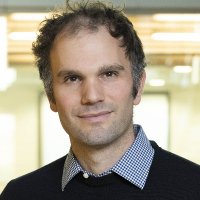
David Bikard
@dbikard
Microbiology, CRISPR and Synthetic Biology enthusiast. Only personal opinions.
ID: 58515346
20-07-2009 16:23:47
1,1K Tweet
3,3K Followers
2,2K Following

Last Sunday, Asimov Press published an article explaining why it's so hard to diagnose tuberculosis. Here are 10 interesting things we learned about TB while editing it: 1. TB (not malaria) is the deadliest infectious disease. It kills >1.2M people each year.

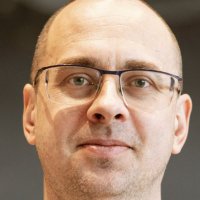


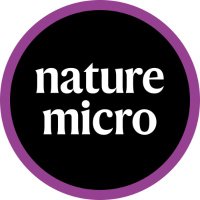

🙏Our latest paper on MenT3 in vivo with xibing, Tim Blower, Olivier Neyrolles rdcu.be/dZle4 MenT3 targets serine tRNA in vivo/MenT3 is active under standard growth condition/The CCAse PcnA counteracts MenT3 activity. Fondation pour la Recherche Médicale , ANR - Agence nationale de la recherche, CBI Toulouse
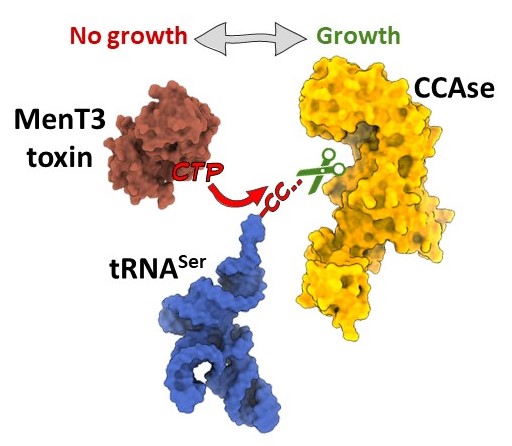


Phage vs. Bacteria: New findings! Phages use their own tRNAs to evade bacterial defenses like retrons and PrrC. Huge thanks to Azam for his hard work! in Nature Communications nature.com/articles/s4146…


For the past two years, we have been working on a novel approach to identify origins of transfer by conjugation in plasmids from any bacterial species. We are thrilled to see this work now published in Nature Microbiology after thorough peer review! nature.com/articles/s4156…


We are scouting for a PhD student in antiphage immunity. Starting spring 2025 at University of Tartu, secondments at Lund University. Please contact me with i) CV and ii) max 2-page cover letter (why you, why this topic and why our team) at [email protected]. RT appreciated!



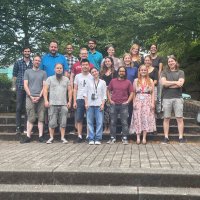


Today in Science Magazine we report the development of a laboratory-evolved CRISPR-associated transposase (evoCAST) that supports therapeutically relevant levels of RNA-programmable gene insertion in human cells, a collaboration with Sternberg Lab. 1/13 drive.google.com/file/d/1I-UbCR…
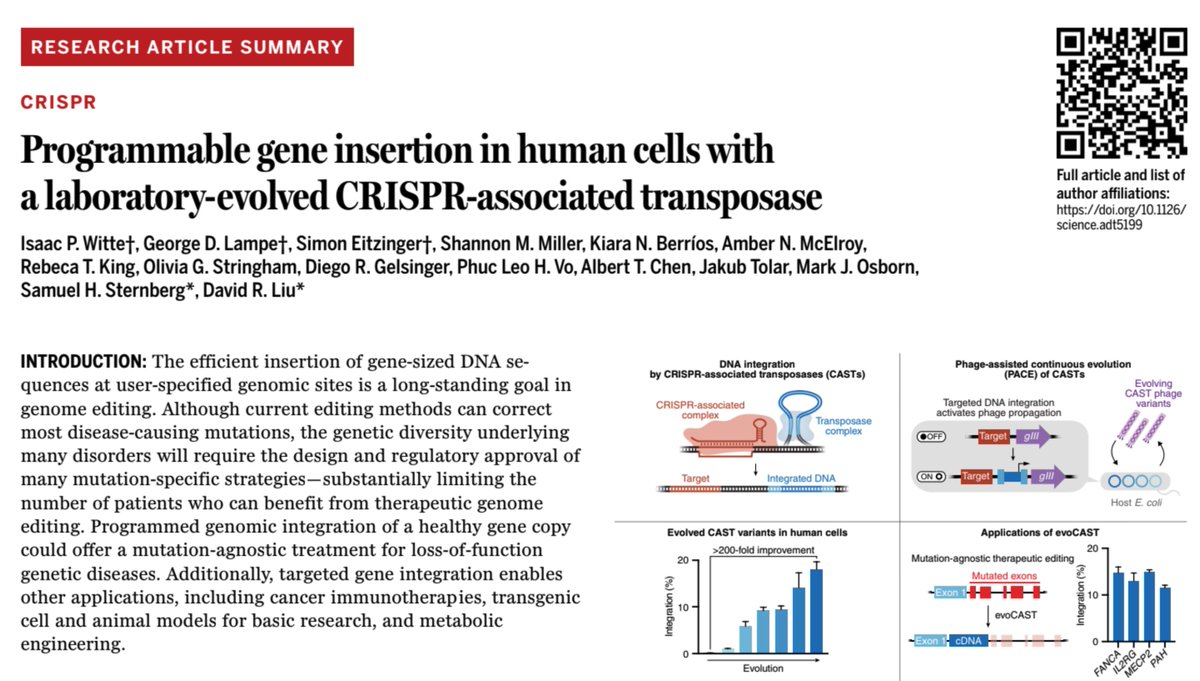
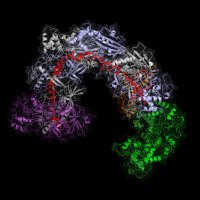
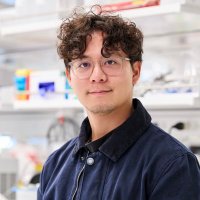
Today Arc Institute releases State, our first perturbation prediction AI model and an important step towards our goal of a virtual cell State is designed to learn how to shift cells between states (e.g. “diseased” to “healthy”) using drugs, cytokines, or genetic perturbations

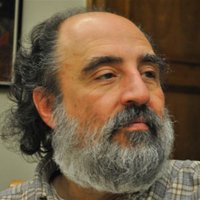
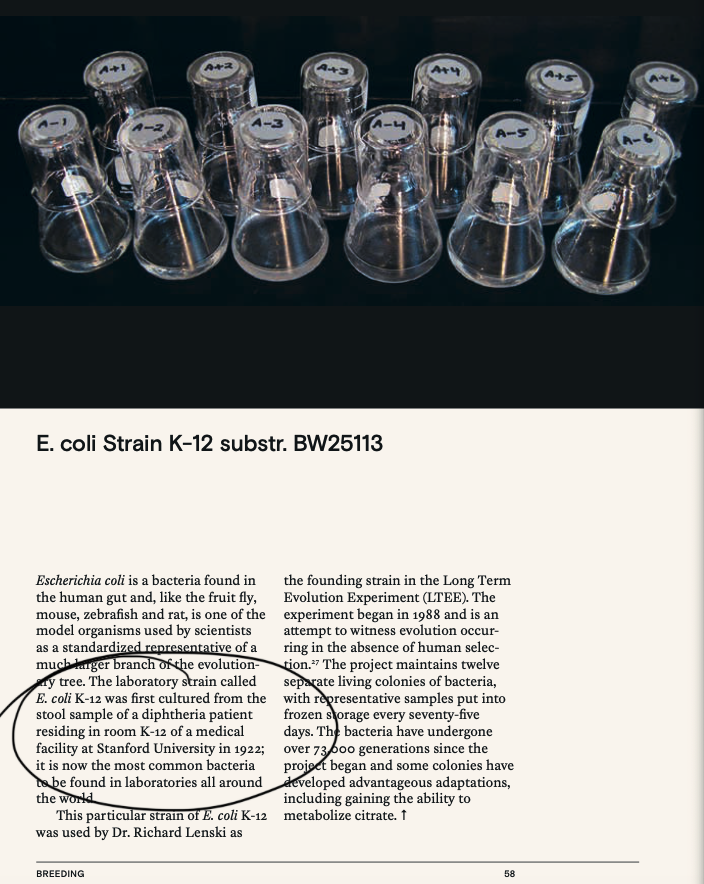
![Louis Dorison (@louis_dorison) on Twitter photo My first PhD paper is out in mBio !(tinyurl.com/h83mh8vy)
Oral bacteria often form mixed species biofilms where aggregation drives interspecies interactions. But how do they bind to each other?
Here, we investigated Veillonella parvula aggregation with other bacteria . [1/6] My first PhD paper is out in mBio !(tinyurl.com/h83mh8vy)
Oral bacteria often form mixed species biofilms where aggregation drives interspecies interactions. But how do they bind to each other?
Here, we investigated Veillonella parvula aggregation with other bacteria . [1/6]](https://pbs.twimg.com/media/GcMLBavXQAAjTla.jpg)

